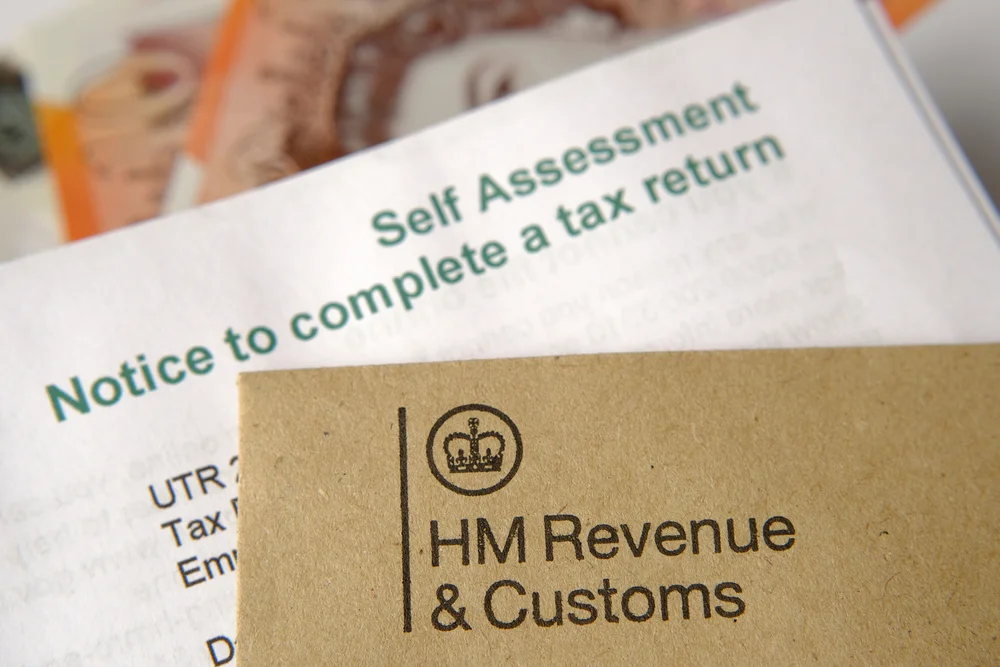Taxpayers are being cautioned to double-check their tax codes to prevent potentially overpaying the HM Revenue & Customs (HMRC). An error in your tax code could result in incorrect deductions from your salary or pension, leading to financial strain or unexpected bills.

Tax codes, comprised of numbers and letters, are assigned by HMRC based on income information provided by employers or pension providers. These codes determine the amount of income tax deducted from your earnings. However, inaccuracies or outdated information can result in erroneous tax calculations.
Adam Bennett, a workplace expert at Digital ID, emphasized the importance of ensuring the accuracy of tax codes. He highlighted the repercussions of an incorrect tax code, including reduced paychecks or unexpected tax bills with potential interest and penalties.
To verify your tax code, review your payslip, P45 (if recently left a job), or P60 (end of tax year). Alternatively, you can find your tax code on the Gov.uk website. It is the responsibility of each taxpayer to confirm their assigned tax code.
Understanding the implications of your tax code is crucial for effective financial management. Mistakes can occur, but staying proactive and informed can help identify errors early, avoiding financial pitfalls.
Here’s a breakdown of common tax code letters and their meanings:
- L: Standard tax-free personal allowance
- 0T: No personal allowance
- BR: Basic rate taxation for all income
- DO: Higher rate taxation for all income
- D1: Additional rate taxation for all income
- K: Total deductions exceed allowances
- M: Marriage Allowance
- N: Marriage Allowance provision
- NT: No tax due on income
- C: Income tax in Wales
- S: Scottish rate of Income Tax in Scotland
- T: Tax office review or confidentiality
- W1/M1: Emergency tax codes for weekly or monthly payments.
By staying vigilant and understanding your tax code, you can mitigate financial risks and ensure accurate tax deductions.